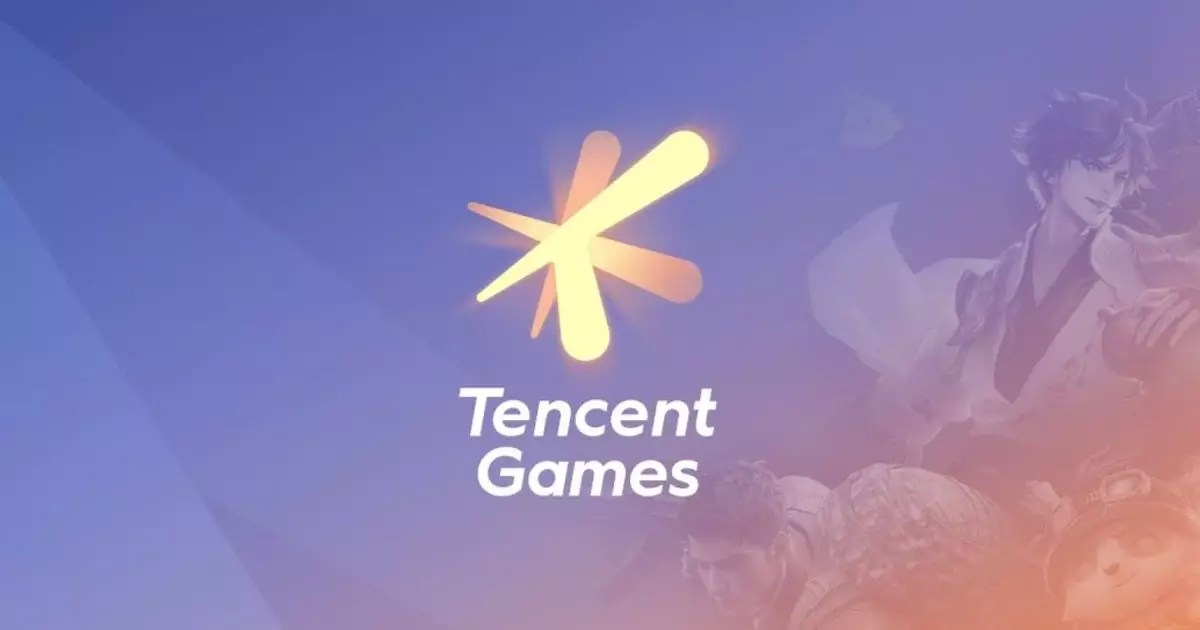In recent developments, the U.S. federal government has taken a significant step in its multifaceted strategy of countering perceived threats from China by designating Tencent, one of the world’s leading video game publishers and a major player in the technology sector, as a part of a list of Chinese military companies. This designation raises concerns regarding the implications for Tencent’s operations and its relationship with the U.S. market, particularly as it owns renowned developers like Riot Games and Grinding Gear Games. The decision stems from an increasing wariness in the United States about the intertwining of civilian tech firms and military advancements in China—a strategy that places companies previously viewed merely as civilian enterprises under the microscope.
Tencent has responded publicly through its spokesperson, expressing the company’s bewilderment at this classification and asserting that this listing arises from a “misunderstanding.” This term created an echo in their follow-up statements issued by key figures, including chairman Ma Huateng, underscoring a staunch denial of any military affiliations. However, some might argue that the robotic nature of the language used could detract from the authenticity of Tencent’s claims, as it appears to be a rehearsed response created to placate concerns rather than a heartfelt defense of the company’s operations.
The company’s articulated stance underscores its position as a non-military entity, asserting a clear boundary between its business practices and any military engagements. As noted in Tencent’s communications, they vehemently reject the assertion that they contribute to a “military-civil fusion.” The Chinese government has recently been criticized for promoting such amalgamations, further complicating foreign organizations’ perceptions of companies like Tencent, which operate on a global stage but are rooted in an increasingly scrutinized corporate landscape.
Amid growing tensions between tech giants and the U.S. government, Tencent asserts that it is prepared to escalate this issue to legal proceedings if the misunderstanding remains unresolved. This emphasis on possible litigation is not merely posturing; it reflects a significant escalation in corporate-government disputes over designations that can profoundly affect international business relationships. As international companies increasingly navigate the complex waters of geopolitics, legal battles over such classifications can set precedents that affect countless enterprises and their operational abilities.
Moreover, Tencent’s discussions planned with the U.S. Department of Defense signal a willingness to engage in diplomatic negotiations rather than outright litigation initially. In contrast, other companies in similar circumstances, like DJI and Hesai Technologies, have already resorted to legal action against the U.S. government over their military affirmatives, leading to a growing trend among Chinese companies unwilling to accept unverified classifications that carry critical consequences for their reputations and operational integrity.
The implications of Tencent’s designation extend beyond mere legal ramifications. They unveil a wider narrative of suspicion and stratagems where technology, commerce, and national security intertwine, especially between powerful nations. How Tencent navigates this pathway may serve as a litmus test for other Chinese companies operating in the U.S. and around the world, particularly in sectors viewed as critical by governments.
The situation exemplifies the fragility of international business relations—the delicate balance between forging strategic partnerships and contending with the ever-increasing scrutiny of government agendas. Companies entrenched within the technology space may find their operations scrutinized, as businesses are increasingly perceived as conduits of national interest.
As the landscape of global business becomes tightly intermingled with national security considerations, Tencent’s struggles could herald a new era where corporate entities must practice greater diligence and awareness of the geopolitical environment. The questions surrounding Tencent’s listing and potential legal challenges underscore a crucial transition in international relations and corporate governance. Each corporate entity operating globally must cultivate an acute sensitivity to the complex interplay between their operations and the captivating yet treacherous realm of geopolitics. Ultimately, how Tencent responds now may redefine its future trajectory in a world where technology companies increasingly become targets in the geopolitical tug-of-war.


Leave a Reply